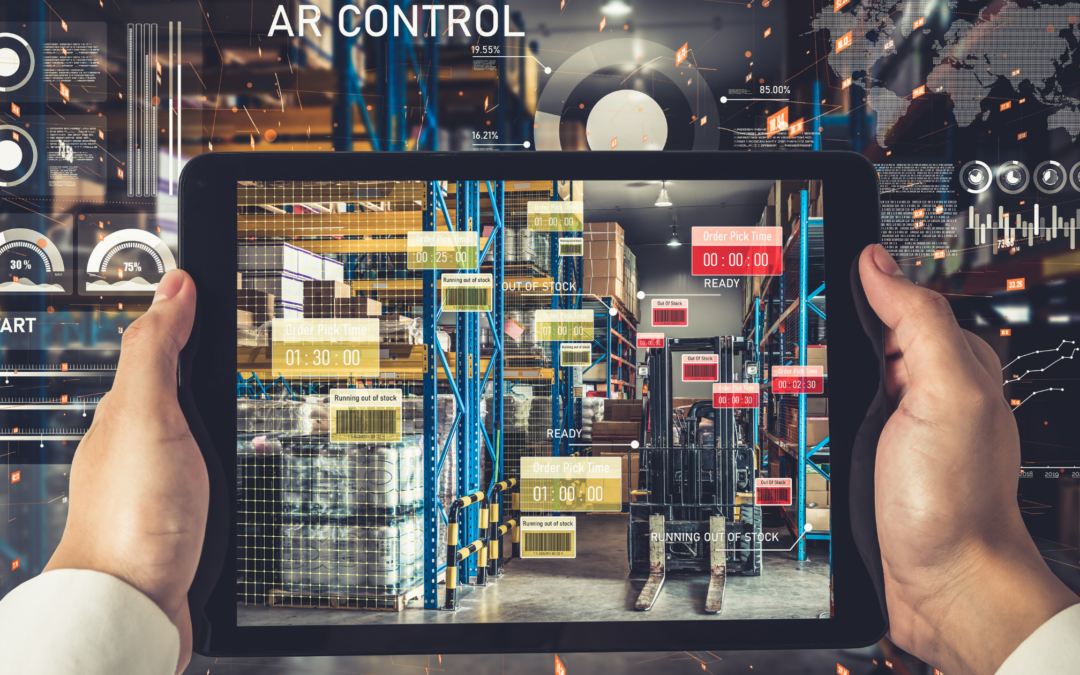As we look ahead to 2024, the persisting labor shortage in facilities management becomes an intensified challenge, set against the industry’s transformative landscape driven by rapid technological advancements. This dual dynamic not only emphasizes the urgent demand for skilled professionals but also highlights the increasing need for tech-savvy facilities managers adept at navigating the evolving landscape of innovative technology. Serving as a crucial bridge to address the workforce shortage gap, technology enhances operational efficiency, empowering young professionals to play a pivotal role in shaping the industry’s tech-driven future. Recognizing this unique intersection of challenges and opportunities, young talents can shape their careers by actively developing technological expertise through continuous learning, hands-on experience, networking, and a proactive approach to skill development.
Embracing the Future:
Embracing the new future of facility management, characterized by both the challenges of a labor shortage and the transformative power of technology, requires a proactive and holistic approach. Professionals in the field should cultivate a mindset of continuous learning, staying abreast of emerging technologies and industry trends such as:
- Internet of Things (IoT):
- The interconnectedness of devices through IoT has enabled real-time monitoring and control of various systems within facilities.
- Smart sensors and devices contribute to data-driven insights, improving decision-making and operational efficiency.
- Cloud Computing:
- Cloud-based solutions facilitate centralized data storage, accessibility, and collaboration, streamlining facility management processes.
- Remote access to critical information enhances flexibility and responsiveness.
- Artificial Intelligence (AI) and Machine Learning:
- AI and machine learning algorithms analyze vast amounts of data to predict maintenance needs and optimize facility performance.
- Intelligent automation leads to proactive decision-making, reducing downtime and operational costs.
- Mobile Applications:
- Mobile apps empower facility managers to monitor and manage facilities on the go.
- Instant access to data and control features enhances responsiveness and agility.
- Influence of Technology on Facility Management Processes:
- The integration of technology into facility management processes has ushered in a new era of efficiency and sustainability. Here are some key ways in which technology has reshaped facility management:
- Data-Driven Decision-Making:
- Technology provides actionable insights through data analytics, enabling informed and strategic decision-making.
- Real-time data empowers facility managers to address issues promptly and optimize operational processes.
- Predictive Maintenance:
- AI-driven predictive maintenance models anticipate equipment failures before they occur, reducing downtime and extending the lifespan of assets.
- Scheduled maintenance activities are optimized for cost-effectiveness and minimal disruption.
- Energy Management and Sustainability:
- Smart energy management systems monitor and optimize energy usage, contributing to sustainability goals.
- Facility managers can implement eco-friendly practices and track energy consumption patterns.
- Building Automation:
- Automation of building systems enhances operational efficiency by regulating lighting, HVAC, and security systems.
- Improved control over building functions leads to energy savings and enhanced occupant comfort.
Actively seeking hands-on experience with innovative tools and platforms will deepen understanding and proficiency. Collaboration and networking with both seasoned experts and peers provides valuable insights and fosters a supportive community. Additionally, embracing a proactive approach to skill development, particularly in areas such as data analytics, IoT, and AI, positions individuals to thrive in the tech-driven landscape. By combining these elements, professionals can not only navigate the challenges posed by the workforce shortage but also contribute to shaping a more efficient, sustainable, and technologically advanced future for facility management.
Final Thoughts:
Embracing the future of facility management involves not only recognizing the challenges posed by the labor shortage and the transformative power of technology but actively engaging with the evolving landscape. The integration of technologies such as IoT, cloud computing, AI, machine learning, and mobile applications represents the cornerstone of this new era. These innovations empower facility managers to make data-driven decisions, implement predictive maintenance strategies, optimize energy consumption, and automate building systems for increased efficiency and sustainability. As professionals in the field adapt to these changes, actively seeking hands-on experiences, fostering collaboration through networking, and proactively developing skills will be instrumental. Through these efforts, individuals can position themselves not only to navigate the challenges but to actively contribute to shaping a future where facility management is not just efficient but also at the forefront of technological advancement, ensuring a resilient and forward-thinking industry.

